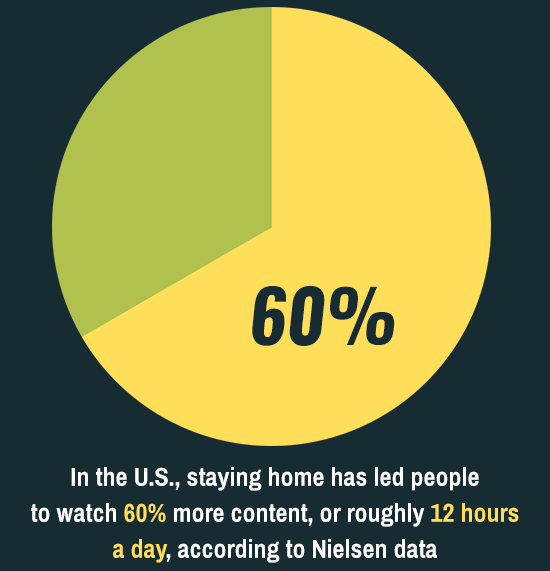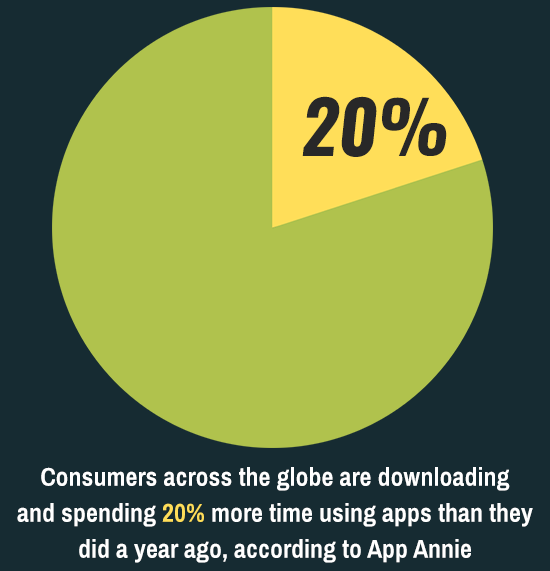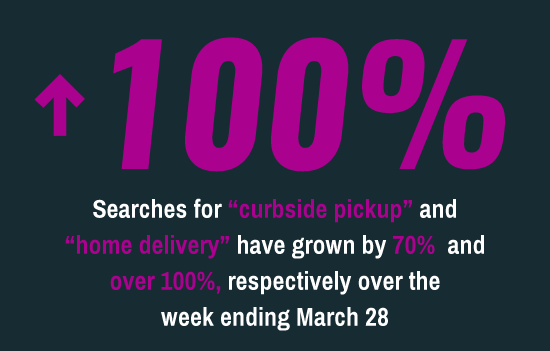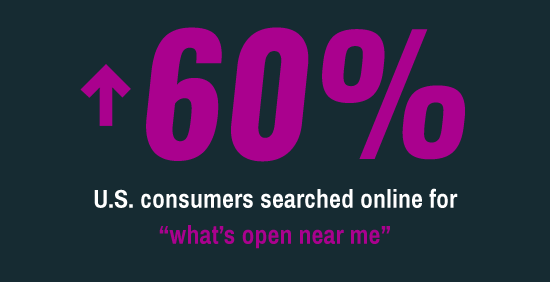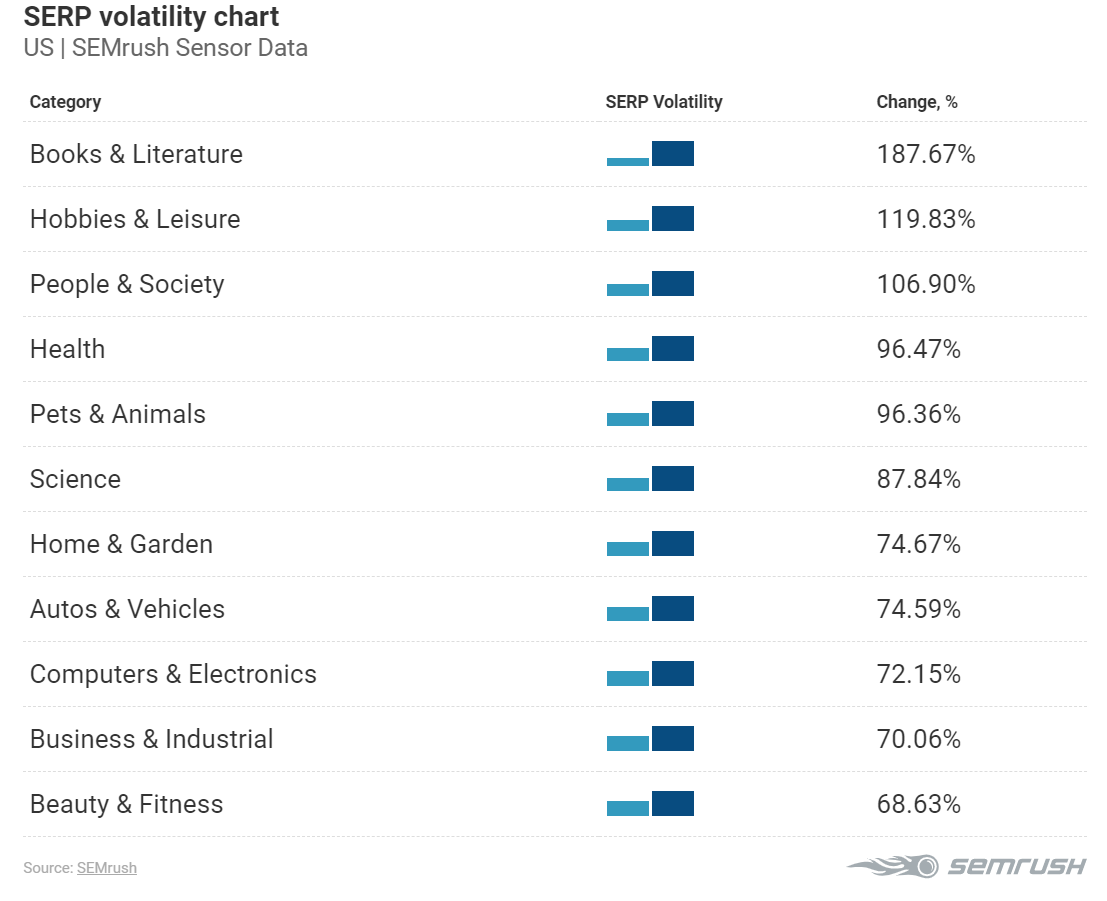Why and How to Grow Your SEO and Digital Strategy During COVID-19
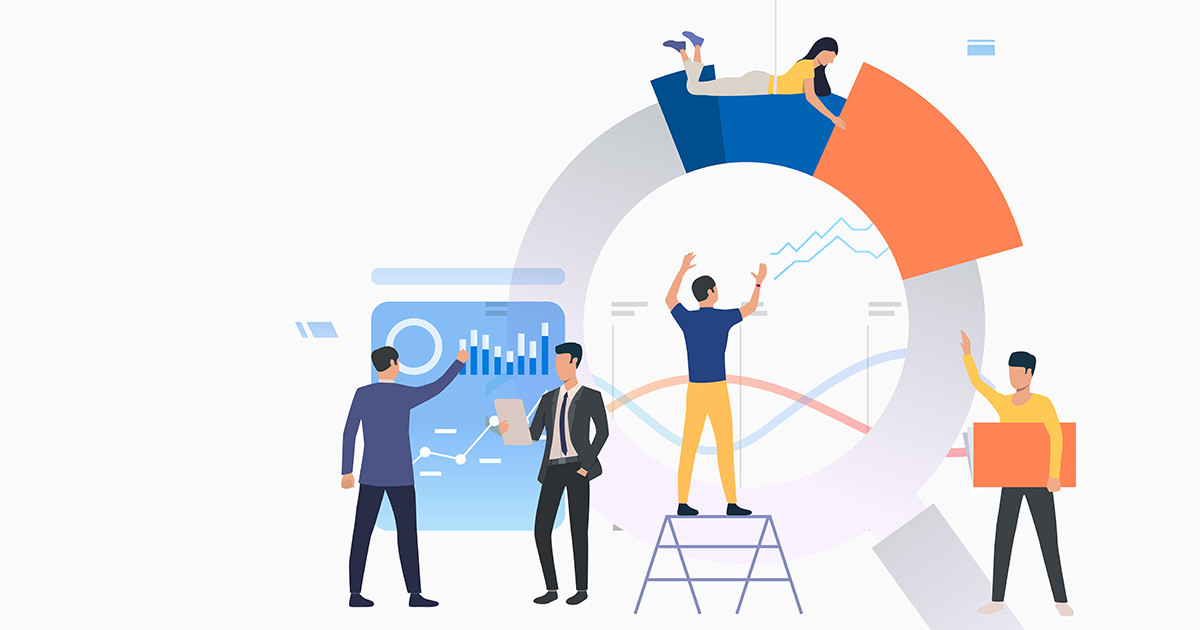
Your digital strategy and search engine optimization have always been important. Now that people are spending more time online, however, they’ve become critical.
We can’t control what’s happening around us – we can only control how we respond and adapt. On that note, no two people are facing the same reality these days.
Goldman Sachs expects the national unemployment rate to hit 25% soon and remain at unprecedented levels for the next two years or so. It’s not such a wild projection – workers and small businesses are really struggling.
To meet the changing needs of your customers and keep your business thriving, a comprehensive SEO and digital strategy are crucial.
Why Now is the Time to Build Your SEO and Digital Strategy + Tips to Manage
As soon as lockdown began, your website became your new storefront. Your visitors expect a seamless experience – just like they’d get inside your store. They also need high-quality, relevant, and timely content they can trust.
Your SEO and digital strategy are now your most vital tools for reaching new audiences, building trust, and winning over buyers.
Here’s a look at how the landscape has changed over the past few months and what you can do to optimize your digital marketing strategy.
1. People are Spending Way More Time Online – Especially on Mobile Devices
Data out of Pew Research shows that 53% of people considered internet access “essential” during the lockdown, while another 34% say it’s important.
Verizon said usage was up by 41% as of the end of April. Meanwhile, the number of people using VPNs increased by 65%.
People are spending more time on all their devices – including smartphones. Think with Google reports that app usage is up by 20% as well.
We’re doing everything online: shopping, hanging out with friends, working, checking in with family. Plus, we’re doing it much more often and for longer periods of time since so many businesses are still closed.
A comprehensive digital strategy tailored to the specific mindset and needs of your audience is vital for grabbing and retaining attention.
2. Most Web Traffic Comes from Organic Searches
Organic traffic for some websites has increased by over 300%. People are especially interested in wellness, fitness, and shopping for essential goods digitally.
On average, 53% of all website traffic comes from organic Google searches. Even searches for the term SEO have spiked since January as websites started preparing.
A long-term SEO strategy centered around relevant long-tail keywords is the key to building sustainable organic traffic.
3. Paid Ads are on the Decline
Most businesses have put their paid traffic on hold since the lockdowns began.
This shows that when times get tough, PPC and sponsored advertisements are the first things to go while businesses invest more in organic SEO traffic.
What does that tell you? SEO is more effective for your digital strategy. Organic traffic is usually closer to a purchase too. Instead, invest in comprehensive keyword research to see what your audience is typing into that little search bar every day.
4. You Must Separate Yourself from Competitors
New e-commerce retailers and fly-by-night shops are popping up out of nowhere to capitalize on the crisis. Ethics and arguments about opportunism aside, they do exist, and they’re each investing in their digital strategy to suck up your traffic and sales.
If you haven’t done competitor and market research since the lockdown began, it would be smart to do so right now.
Updated market and competitor research are especially important if you’re selling essential goods like face masks, supplements, fitness items, wellness products, groceries, etc.
The good news is that most of these fly-by-night e-commerce stores don’t put out the best content – such as blogs and videos – so you can take advantage of that by upping your content creation.
5. Evergreen Content Can Help Build Authority and Trust
Speaking of content, it’s essential to understand what types to create.
Evergreen content includes blogs, videos, and infographics that stand the test of time. You can share them for months – or sometimes years – without worrying that the information is outdated.
These are your:
- In-depth how-to articles
- Tutorials
- Ultimate guides
- Introduction to *complex topic*
- Step-by-step guides
- Q&As
- FAQs
These types of content tend to perform well on Google because they genuinely help people. Plus, they’re usually long (over 1,500 words) and filled with lots of stuff Google likes: authoritative links, bullet points, subheadings, etc.
Your audience appreciates them too. They’ll remember that you took the time to explain how to fix a leaky faucet or proper deadlift form.
With news on the coronavirus and economy changing daily, be careful with what you choose to publish. You can always curate relevant news articles if you don’t want to invest in content for certain topics that will be outdated next week.
6. Consistent Content Development Helps You Rank for More Relevant Keywords
With content marketing, consistency and quality are both key. HubSpot recommends small businesses shoot for 3-4 optimized blogs each week.
But don’t push out four blogs a week if you can’t manage quality. Two in-depth blogs a week is better than four short ones.
The goal is to rank for more relevant keywords in Google and build your digital strategy over a few months.
7. SEO is Cost-Effective Compared to the Alternatives
Sure, PPC and sponsored Facebook posts can get you quick traffic –but it’s not sustainable. SEO-driven content marketing can earn you 3x’s more leads for 62% less money than traditional outbound tactics.
That’s why the first place many companies cut back after the lockdown was PPC and outbound marketing, like SmileDirect.
8. You Can Reach a Much Wider Audience
It’s natural to feel scared and depressed when businesses were forced to close and foot traffic halted. However, investing in SEO and a relevant digital strategy also offers an opportunity to grow your business beyond your local community to a national or international audience.
9. Local Searches and Reviews Still Matter
You might think that with the lockdown, social distancing measures, and boost in e-commerce, local searches have plummeted. Not so!
According to Google’s own research, terms like “open near me” are up by 60%. Plus, people are quickly adapting to curbside pickup options to support their local stores:
Make sure to optimize your relevant suffixes like “near me” or “in Austin.”
Stay on top of your branding too by encouraging reviews and responding to negative reviews promptly and professionally. 91% of people read reviews before making a purchase and 84% consider reviews as valuable as a peer recommendation!
10. A Strong Digital Strategy Gives Small Businesses Leverage
If you were fortunate enough to snag a paycheck protection loan before they were gobbled up, your responsibility to pay it back hinges on whether you stay in business and rehire your workers.
A well-rounded SEO-driven digital strategy can keep your business on the front of customers’ minds so they’ll be at your door when businesses reopen.
11. Customers Have a Taste for E-Commerce
Research shows that e-commerce searches across several industries like books, pets, fitness, and gardening have skyrocketed:
It would be naïve to assume that shoppers will just abandon their taste for e-commerce once all lockdown measures are lifted. E-commerce was rising steadily for years – especially during the holiday season.
Honing your SEO and digital strategy will set you up for long-term e-commerce success with shipping, doorstep drop-offs, curbside pickups, and buy-online-pickup-in-store options.
On that note, make sure to create a seamless experience for your shoppers across all channels. For example, someone may add products to their cart from a smartphone but checkout on their laptop later.
Work with an Award-Winning SEO Consultant
The expert team at JS-Interactive has over 15 years of experience helping businesses in Austin and beyond boost visibility and authority through digital strategy. They have the skills your business needs to build a sustainable (and ethical) SEO strategy, optimized content creation, user-friendly web design, and more.
Let’s talk about how the changing economic climate has impacted your business and what steps you can take to improve your digital strategy. Schedule a free 30-minute call now with absolutely no obligation.
